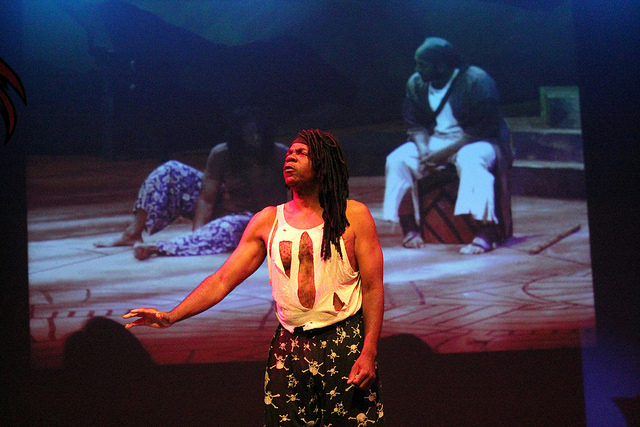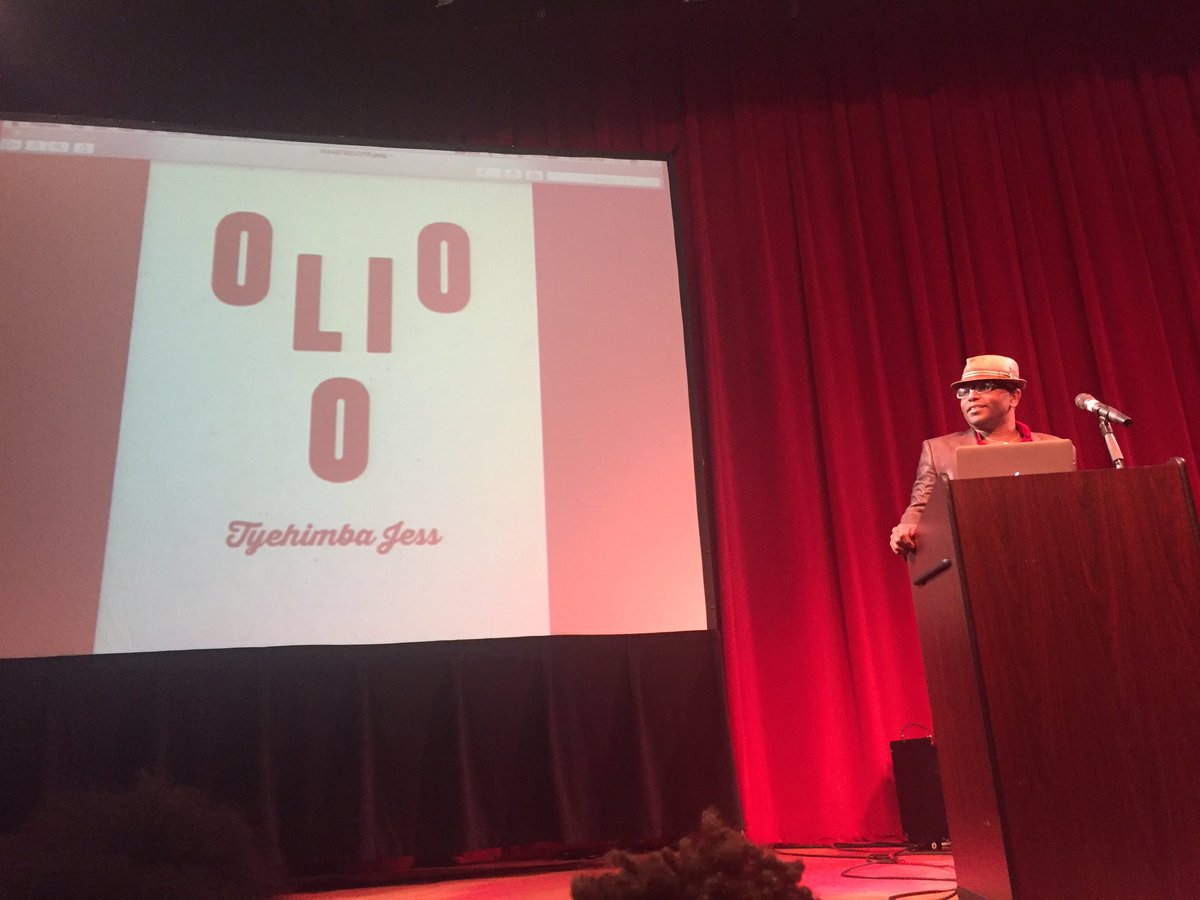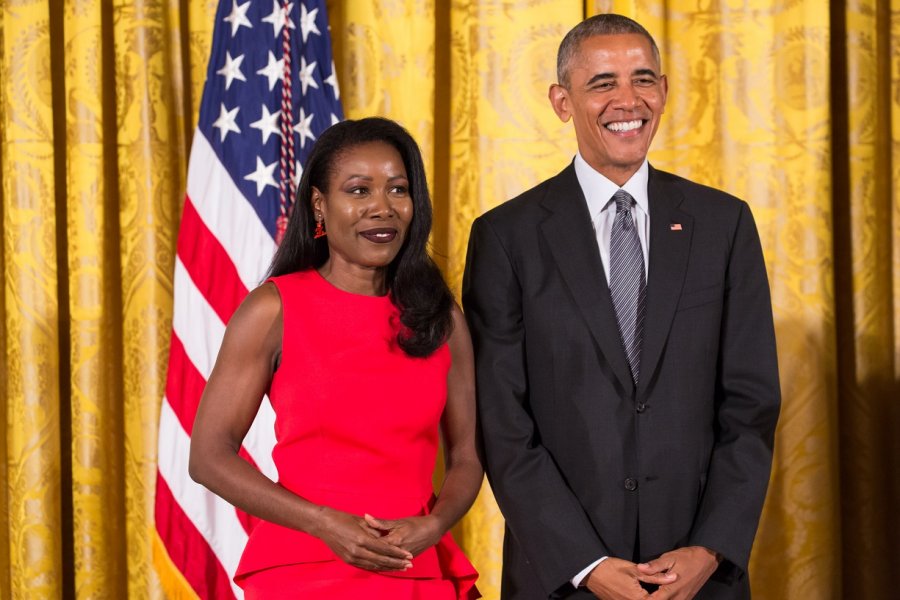The melodic beckoning of Caribbean steel-pan drum greeted guests at the Midwestern premier of Dutch filmmaker Ida Does’ Derek Walcott documentary, “Poetry Is An Island.” The title, and inspiration for the film, came from Walcott’s acceptance speech for the Nobel Prize in Literature in 1992. A dozen years later, Walcott won an Anisfield-Wolf Lifetime Achievement award.
Jointly hosted by the Anisfield-Wolf Book Awards and Karamu House, the afternoon began with Karamu actors staging a powerful 15-minute excerpt from Walcott’s 1970 play, “Dream on Monkey Mountain.” Karamu last produced the drama in 2006, when it was named Best Stage Production by Cleveland Scene.
The documentary begins with a handful of Walcott’s confidantes: his childhood friends, Arthur Jacobs and Sir Dunstan St. Omer; his domestic partner of 26 years, Sigrid Nama; his former personal assistant, Michelle Serieux among others. Despite their various roles in Walcott’s life, they all make similar observations: Walcott is a serious man, with a serious work ethic, who sees the world as few people do.
Born 84 years ago on the island of St. Lucia, Walcott came to see his early efforts to paint and write as an homage to his father, Warwick Walcott, a painter and a poet, who died at age 31 of an infection when his son was a toddler. By the time Walcott was 14, he had published his first poem in the local newspaper; at 18 he had written enough to compile his first book. “I asked my mother for $200, which was, I don’t even know how much that would be today, and she gave it to me. I sold my books for $1 a copy and I made the money back.” Walcott’s eyes twinkled. “But I don’t think I paid her back,” he added with a laugh.
Does’ film-making style is that of inconspicuous observer, but occasionally viewers get to sit across from Walcott and take in his words, one on one. In a moving scene, Walcott reads a poem about his parents and tears begin to pool in the corners of his eyes. “Oh, this is wicked,” he said as he paused to compose himself. His love is palpable.
Most of Walcott’s work centers on St. Lucia, and it is revelatory to see him in his element. Yet the artist expressed considerable frustration over a dream that has stalled: the creation of an artist’s colony on Rat Island, a small, unoccupied bit of land off the St. Lucian coast. After Walcott won the Nobel Prize, he built a home, and donated some prize money toward an international arts center. But there has been no discernible progress; nor are there any museums or theater for live productions on the island. In the documentary, Walcott criticizes the government and wonders aloud if he would see St. Lucia embrace and encourage a thriving arts culture in his lifetime. “Poetry gives us…consolation,” Walcott says in the final scenes. “It provides spiritual strength. It is…the language of love.”
After the premier, filmmaker Ida Does took questions from the audience via Skype from her home in the Netherlands. Does said she first approached Walcott about making a documentary in 2008 and characterized the five-year journey to complete the film as a labor of love. “I was fascinated by him,” Does remarked. “It is amazing to see what a great thinker he is.”




Terry Bobb
August 19, 2014
The play before the film was great , but the film was the most mind blowing thing I’ve seen in a long time ,
Could not help but think how can I help how can I help make his dream a reality ,,,
I think every body in the Arts and Music should see this film,
thanks again for having us,
Terry Bobb.
ida does
August 21, 2014
Thank you! We are humbled, grateful and inspired by your comment!